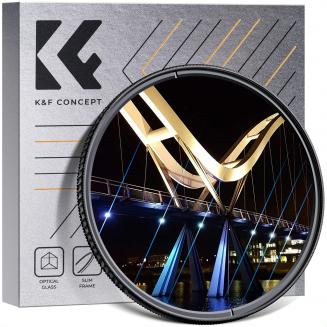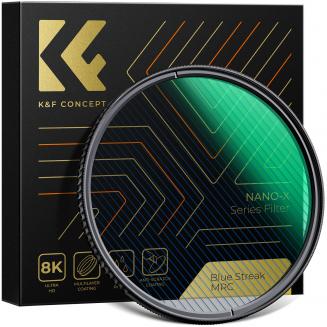What Does A Yellow Lens Filter Do ?
07/12/2023
A yellow lens filter is used in photography to enhance contrast and reduce haze in certain lighting conditions. It helps to block out blue light and allows more yellow light to pass through the lens. ...


